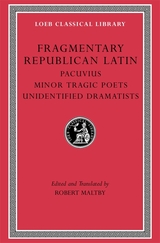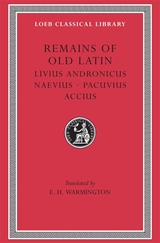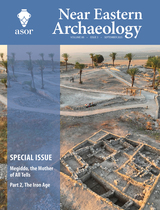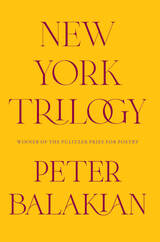
Dilapidated dramas.
The Loeb Classical Library series Fragmentary Republican Latin continues with Marcus Pacuvius (ca. 220–130), deemed by Cicero to be Rome’s greatest tragic poet, together with the fragments of those tragedians of whose work little has survived. Also included are fragments distinguished as dramatic by their meter, but whose genre (tragedy or comedy) can be uncertain.
Pacuvius, a nephew and possibly a pupil of Ennius and an older contemporary of Accius, seems to have had connections with high-ranking politicians and intellectuals, especially those such as Laelius and Scipio who supported Hellenistic culture at Rome; certainly he was remembered as a learned poet, and among his compositions was a fabula praetexta on L. Aemilius Paulus’ victory at Pydna in 168. He tended to treat less obvious aspects of the mythological tradition, perhaps a sign of his own originality, which allowed him to explore in depth issues that seem to have particularly interested him, such as mistaken or false identity ending in final recognition, and noble characters in reduced circumstances. There are also philosophical and cosmological themes, as in plays featuring characters recognized as related who join in overthrowing unjust rulers, raising questions of justice, power, and the role of a good ruler. His works remained in the repertory, were often quoted by orators, and influenced later poets such as Plautus, Terence, Virgil, and Ovid.
The texts are based on the most recent and reliable editions of the source authors and have been revised, freshly translated, and amply annotated in light of current scholarship.

The Loeb edition of early Latin writings is in four volumes. The first three contain the extant work of seven poets and surviving portions of the Twelve Tables of Roman law. The fourth volume contains inscriptions on various materials (including coins), all written before 79 BCE.
Volume I. Q. Ennius (239–169) of Rudiae (Rugge), author of a great epic (Annales), tragedies and other plays, and satire and other works; Caecilius Statius (ca. 220–ca. 166), a Celt probably of Mediolanum (Milano) in N. Italy, author of comedies.
Volume II. L. Livius Andronicus (ca. 284–204) of Tarentum (Taranto), author of tragedies, comedies, a translation and paraphrase of Homer's Odyssey, and hymns; Cn. Naevius (ca. 270–ca. 200), probably of Rome, author of an epic on the 1st Punic War, comedies, tragedies, and historical plays; M. Pacuvius (ca. 220–ca. 131) of Brundisium (Brindisi), a painter and later an author of tragedies, a historical play and satire; L. Accius (170–ca. 85) of Pisaurum (Pisaro), author of tragedies, historical plays, stage history and practice, and some other works; fragments of tragedies by authors unnamed.
Volume III. C. Lucilius (180?–102/1) of Suessa Aurunca (Sessa), writer of satire; The Twelve Tables of Roman law, traditionally of 451–450.
Volume IV. Archaic Inscriptions: Epitaphs, dedicatory and honorary inscriptions, inscriptions on and concerning public works, on movable articles, on coins; laws and other documents.
READERS
Browse our collection.
PUBLISHERS
See BiblioVault's publisher services.
STUDENT SERVICES
Files for college accessibility offices.
UChicago Accessibility Resources
home | accessibility | search | about | contact us
BiblioVault ® 2001 - 2025
The University of Chicago Press









